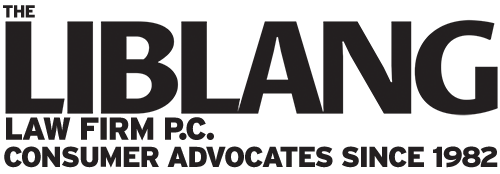The Different Types of Financial Aid
The Problem with Student Loan Debt
One of the biggest problems facing students is the risk of incurring thousands of dollars in student loan debt without ever getting a degree. In 2012, only 59% of all first-time, full-time college students actually got their bachelor’s degree within 6 years. Those who don’t finish still face piles of debt. Freshmen could already have $5,500 in student loans by the end of their first year.
Once they drop out, the chance of falling behind on their student loans jumps from 6% (for college graduates) to 21%. That means among the 40% of first-time college students who don’t finish, one in five will have trouble paying back their loans.
The Consumer Financial Protection Bureau Has Help
For students trying to decide if enrolling in college is worth the risk, the federal Consumer Financial Protection Bureau has some important tools. Their Student Financial Guides and online financial aid offer comparisons that can help college-bound students make smart decisions about how to fund their education. The Consumer Financial Protection Bureau also has tools for finding options if students fall behind.
Collections proceedings from defaulting on federal financial aid and private student loans can ruin a young person’s life. Rather than waiting until they fall behind, make sure your high school graduate knows what tools are available to them right from the start. This little financial advice could be the best graduation present they will ever get.
Dani K. Liblang is a consumer protection attorney at The Liblang Law Firm, P.C., in Birmingham, Michigan. She helps to defend debtors against aggressive collections companies and negotiate fair settlements. If you have debt collectors hounding you for payments, contact The Liblang Law Firm, P.C., for a free consultation.


